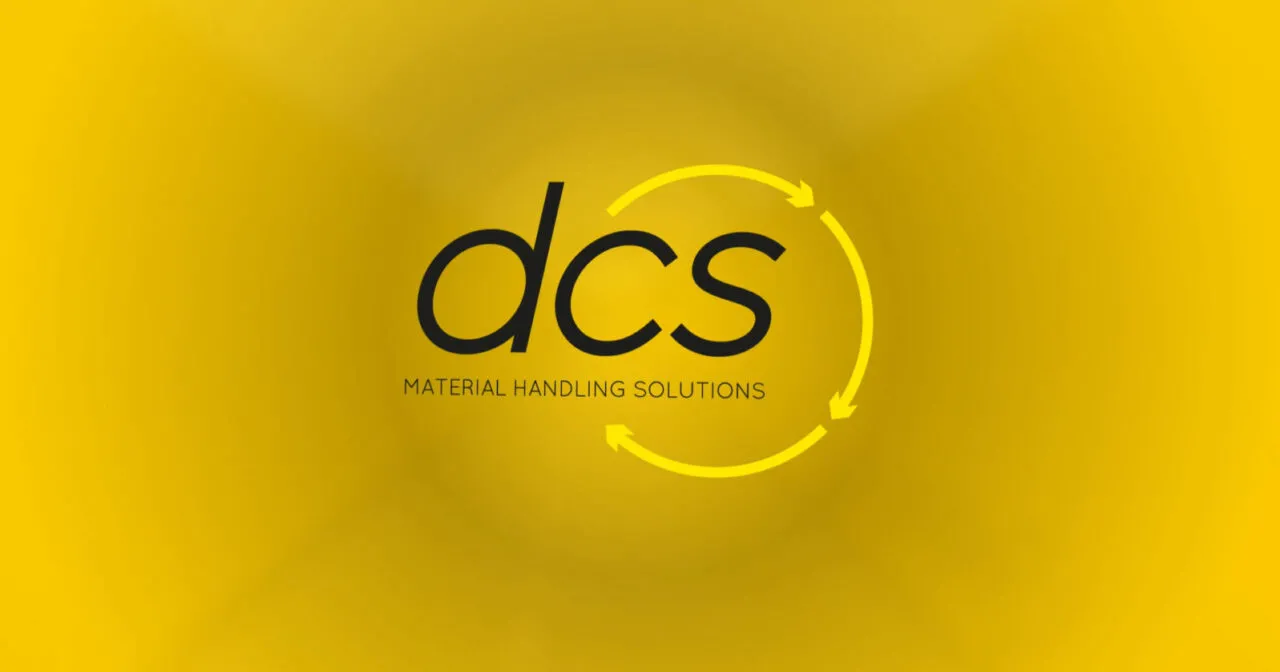The previous installment of this two-part post detailed why a streamlined supply chain is essential to ensure customer satisfaction and reduce costs. It also explored expert consulting services, including logistics network design evaluations and operational performance assessments. This post explores the role of a supply chain consultant and what the consulting process entails to help an organization more effectively streamline its supply chain.
The Role of a Supply Chain Consultant
There are range of supply chain consultation services available. However, most involve conducting comprehensive assessments across three different areas: design, operations, and technology.
Design consulting looks at logistics network design to ascertain if all distribution centers (DCs) are optimally located. This process incorporates extensive data analytics to determine the costs associated with inbound and outbound transportation, as well as operations costs for each DC in the network. That data analysis informs subsequent cost and service modeling. Modeling tests different scenarios to help determine the network design that maximizes customer service levels and minimizes transportation outlays.
Operations consulting focuses on process improvement within an individual DC, evaluating workflows and individual tasks to determine approaches and solutions to optimize them. It considers factors such as flow, throughput rates, and impediments to workforce productivity. Among the activities performed is value stream mapping, which documents and analyzes all activities in a process to identify steps that waste time and effort — and slow down flow. It may also compare facility metrics to industry standard benchmarking data to pinpoint key performance indicators (KPIs) that could be improved.
Technology consulting considers all the existing equipment and systems deployed within a DC. That includes manual and automated material handling equipment, such as conveyors, sortation, storage and retrieval systems, autonomous mobile robots (AMRs), and more. It also looks software, including the operation’s warehouse management system (WMS), transportation management system (TMS), labor management system (LMS), and warehouse execution system (WES). If any of these software systems are currently in place, the consultant determines if they are being used optimally; if none exist, the consultant can help with the process of evaluating, selecting, and implementing the software.
The outcome of each of these consulting engagements includes a roadmap for streamlining the supply chain that has been tailored to meet the specific business needs of the organization. This plan outlines measures to improve performance in the short-, medium-, and long-term.
Short-term recommendations generally include approaches to boost warehouse productivity with a minimal capital investment. Medium-term steps generally take longer to implement (between three and 12 months) and cost more. Long-term recommendations will take considerably longer (more than a year) and require a significant capital investment. Because of their extended timeframe and expense, these measures — such as implementing a WMS or expanding the footprint of the building — should be incorporated into a DC’s strategic plan.
The Consulting Process
While every firm puts their unique spin on it, the overarching supply chain consulting process generally consists of four phases:
- Initial Consultation and Needs Assessment: The engagement begins with an in-depth consultation to understand the organization’s goals, challenges, and expectations. During this phase, key supply chain stakeholders collaborate to define the project’s scope and priorities. This ensures a tailored approach to streamlining the supply chain that aligns solutions with the company’s specific needs and objectives.
- Data Collection and Analysis: The consultant and the operations team work together to gather accurate and comprehensive data from various sources to create a clear picture of the current situation. The consultant then analyzes the data to identify patterns, inefficiencies, and opportunities for improvement. Insights gleaned from this exercise form the foundation of the subsequent operational process and system recommendations.
- Solution Development and Implementation: Based on the analysis, the consultant develops customized solutions to address the identified challenges in alignment with the organization’s goals and objectives. The consultant can be engaged to help evaluate different systems integrators, equipment, and software.
- Ongoing Monitoring and Evaluation: The ideal consulting firm will equip the organization with the tools to continuously track their own internal performance metrics to ensure that the implemented solutions are delivering the expected results. Optimally, the engagement will establish parameters for internal resources to utilize, allowing the company to routinely perform its own evaluations, identify areas of improvement, and make necessary adjustments to maintain efficiency and effectiveness. Should additional guidance or follow up become necessary, the consultant can be re-engaged as needed to help the organization maintain a streamlined supply chain.
Discover DCS’ Consulting Services from Weller & Associates
Gain unbiased insight into how to streamline your supply chain from an independent, third-party consulting firm. The consulting team at Waller & Associates, a subsidiary of DCS, brings a combined 90-plus years of hands-on expertise helping operations in both commercial and government sectors optimize performance, efficiency, and profitability. To discover how we can help your organization, connect with us today.








